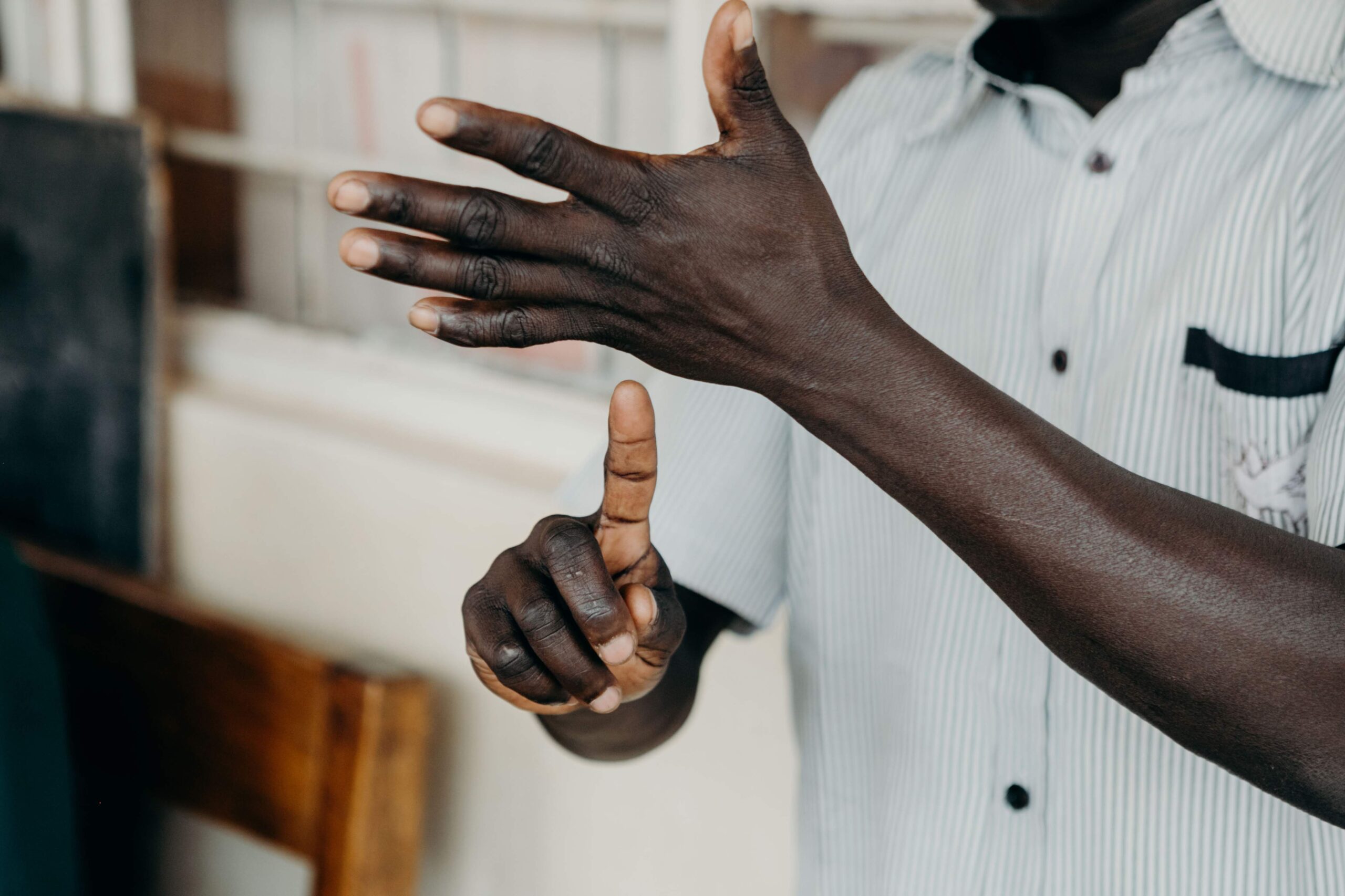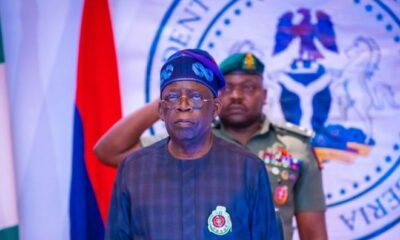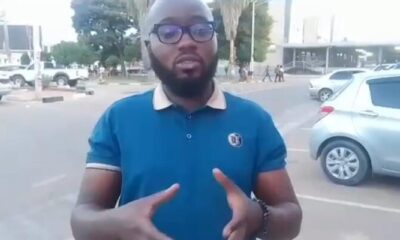An inclusive society is crucial for a nation’s human and economic development in the modern era.
In this edition of Project Aliyense, we feature Paul Kunda, widely recognized as the face of sign language interpretation on national television, serving the deaf community.
Kunda, a dedicated sign language interpreter and educator with over four years of experience, sheds light on the significance of media freedom.
“As a sign language interpreter at Zambia National Broadcasting Corporation (ZNBC) and a teacher by profession, I advocate for media freedom,” he said.
Kunda emphasised the importance of the Access to Information (ATI) Act, recently assented to by President Hakainde Hichilema, which empowered citizens to demand information freely.
He stressed the need for unhindered access to information to foster a civil and prosperous society.
Regarding digital rights, Kunda highlighted their critical role for the deaf community, given the transformative impact of digital platforms, especially when mainstream media access is limited.
“As a representative of the deaf community, I believe digital rights should be inclusive. Everyone, including persons with disabilities, should enjoy these rights through various devices to express themselves and participate in national discourse,” he asserted.
He also called for the recognition of sign language as the eighth national language, aligning with United Nations conventions that mandate sign language interpreters at all events to promote inclusivity.
This story is sponsored content from Zambia Monitor’s Project Aliyense.

 Behind the News2 days ago
Behind the News2 days ago
 Metro2 days ago
Metro2 days ago
 Metro20 hours ago
Metro20 hours ago
 Culture13 hours ago
Culture13 hours ago































